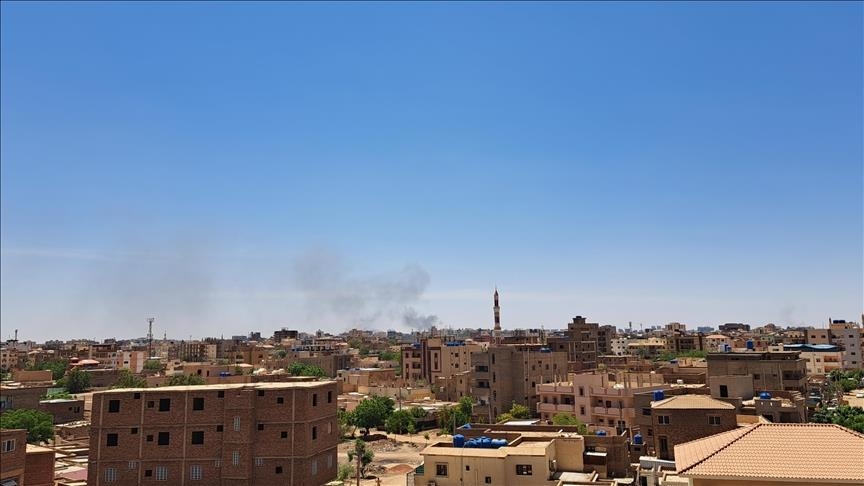KHARTOUM, Sudan
The Sudanese army announced on Saturday that it had regained control of Sinja, the capital of the southeastern Sennar State, from the paramilitary Rapid Support Forces (RSF).
In a brief statement, the army stated that "Sinja city has been restored from the grip of the RSF."
The army shared videos showing soldiers inside the headquarters of the 17th Infantry Division in Sinja. The footage also depicted celebrations by residents of Sinja following the army's recapture of the city.
The RSF has not issued any statement on the army's announcement.
On June 24, the RSF launched an offensive in Sennar State, capturing several towns, including Sinja, which they entered on June 29.
Recently, the Sudanese army has made significant advances in Sennar, regaining control of strategic locations such as Jebel Moya and towns like As-Suki and Ad-Dinder.
Since mid-April last year, the Sudanese army and the RSF have been engaged in a conflict that has resulted in more than 20,000 deaths and displaced nearly 10 million people, according to the UN.
There have been growing calls from the UN and international bodies to end the conflict, as the war has pushed millions of Sudanese to the brink of famine and death due to food shortages, with the fighting spreading to 13 of Sudan's 18 states. *Writing by Ikram Kouachi, AA






